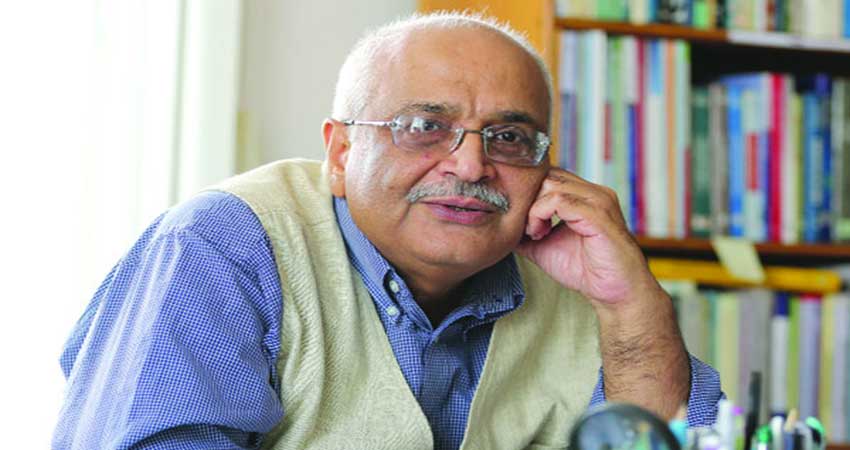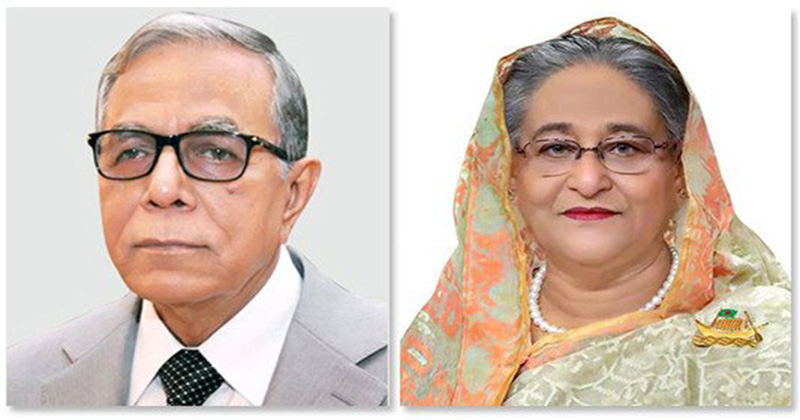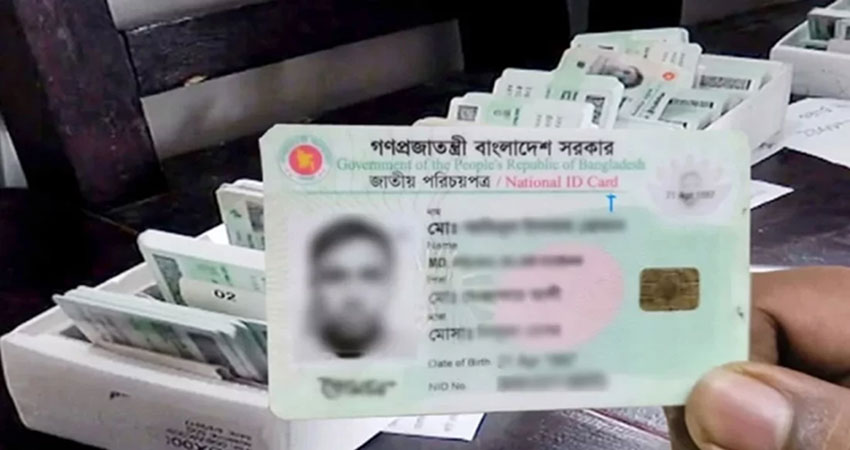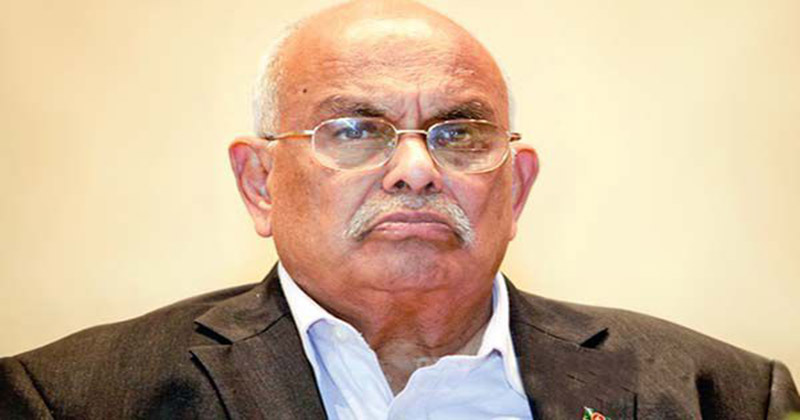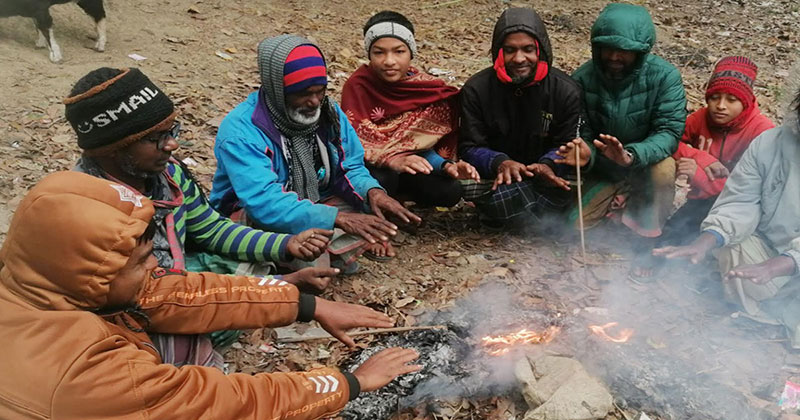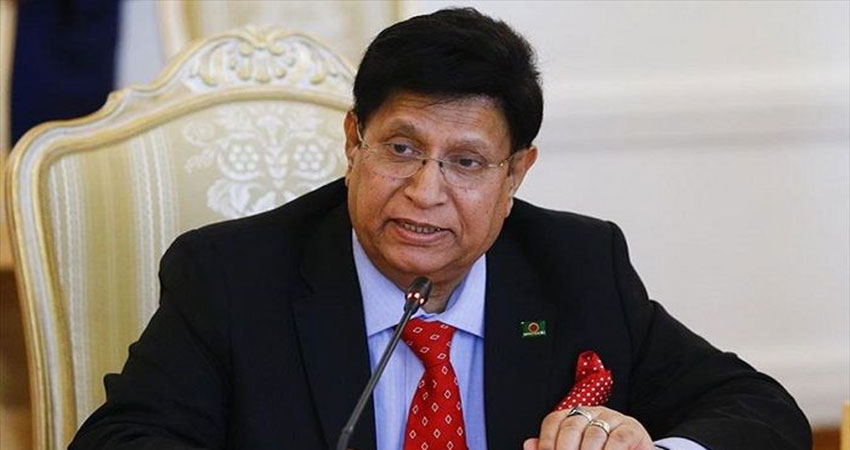Despite Bangladesh gradually becoming an example of development in the global arena in the last 50 years, the benefits of development have not yet reached all sections of the public, said Dr Debapriya Bhattacharya, convenor of the Citizen's Platform for SDGs.
There are various reasons behind development not reaching the public, including income and expenditure inequality, inefficiency of government institutions, corruption, and lack of accountability, he said at a dialogue titled Bangladesh's Development Narrative and the Parallel Realities arranged by the Citizen's Platform for SDGs, Bangladesh at the KIB Auditorium in Dhaka.
"In the last few years, an oligarchic society has emerged in the country, who have gathered huge wealth, while having a lot of political power," said the economist.
The poverty rate has decreased from 31.5% in 2010 to 18.7% in 2022, but income inequality has increased by 9% during this period.
Only 1.31% of the total income goes to the poorest 10%, while 41% of the total income goes to the richest 10%.
Expenditure inequality has also increased by 4% in the last 12 years due to rising income inequality.
Debapriya Bhattacharya said, even though all indicators including GDP, national income, export remittance, health, education have improved, not everyone gets equal advantage of these developments.
Many are deprived of this development due to sector, population and area based discrimination, he said while adding, "Due to lack of transparency and accountability, people are not able to raise their voice about their rights."
Debapriya feels there is a lot of inconsistency in some indicators of the overall economy despite the economic improvement.
He said that private sector investment has been at 23% of GDP for several years, which is much lower than the average of 30% in lower middle income countries.
"Also, allocation of less than 2% of GDP in the health sector, 1% in education, 2.52% in social security is insulting," said the economist.
He identified the lack of employment, regional discrimination, violence against women, environmental hazards, inefficiency in government institutions, the degradation of values and prevalence of corruption as major problems in the socio-economic context of the country.
He also said that due to widespread corruption and inefficiency at the local level, fair use of government resources is not ensured.
He made 11 recommendations which included democratic restoration to solve this problem and said that democratic restoration is necessary to ensure balanced and inclusive development.
CPD's Board of Trustee Chairman Professor Rehman Sobhan presided over the event and the platform's core group members, NGOs and private sector representatives also spoke at the session.
In the programme, theatre and cultural personality Mamunur Rashid said, "We have been fighting and struggling for a long time, trying to make the country livable. On one hand we are trying to make it livable, on the other hand money launderers are trying to make America, England, Malaysia livable by taking money from this country."

